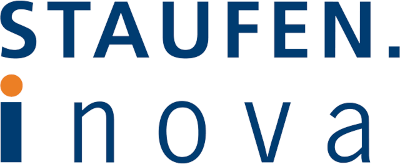
The first heart transplant was performed in 1967 on an operating table manufactured by Maquet. Nearly 50 years after the ground-breaking procedure, this subsidiary of the Getinge Group from Sweden underwent an operation of its own, so it could keep ranking among the world’s top medical technology companies, both now and in the future.
Today, if you take a look at the bright, tidy and almost clinically clean production facilities at Maquet in Rastatt, you can hardly imagine how it looked back in 2014: dark halls with crane systems and massive walls of shelves. Poorly positioned assembly bays as work stations. High inventory in the assembly area. And as is the case with many companies, one side effect of Maquet’s economic success was that it underwent heavy expansion, but its efficiency did not grow to match.
Prepared for the future thanks to new competencies
In 2015, the medical-device manufacturer took the plunge and decided to correct its situation by creating a lasting transformation throughout the entire company. The project was designed to run for 30 months, and it kicked off with a comprehensive analysis which revealed a number of challenges. Long lead times and rework due to poorly coordinated processes were only a few of the problems Maquet was dealing with on an in-house basis despite their business success. In the process of becoming a Lean organization, the task was now to communicate the fundamentals of Lean management to the employees and supervisors. The first phase focused on assembly and logistics. After that, the front-line and back-office areas were added, ranging from product engineering to customer support. Maquet’s Lean transformation then gradually integrated the entire supply chain. With its newly structured and standardized value-added processes, Maquet also created a foundation for a smart factory.
Reacting to changes faster and more flexibly
Major changes in a company are always a risk in terms of employee satisfaction – and, by extension, of employee performance. As a result, a great deal of effort was put into establishing a new way of thinking about leadership. Managers were to become facilitators and catalysts for employees’ ideas.
The approach was a success, because the new corporate culture and its employee-friendly management processes on every level generated high levels of satisfaction, and the project was well accepted. In the course of defining the new culture, competencies in problem-solving increased among managers and employees alike. Maquet can now react to change much faster and more flexibly. It made huge strides forward in its lead time.
The progress that Maquet has made in its Lean transformation can be seen in a single glance at the production areas. The work spaces are now in the middle of the hall, easily visible to everyone, and the parts people need are within easy reach. Clear structures and visualization boards create transparency and openness. The days of long paths, looking for parts and waiting periods are over. Everything is in its proper place, cleanly marked by yellow lines on the light-colored floor. The general principles for working together and the structure throughout the value chain are now resting on an entirely different foundation.
And as if that were not enough, Maquet has totally embraced Lean philosophy: the rest of the transformation process is fully underway in Rastatt.
The figures speak for themselves:
The lead time in assembly fell from 6 days to only 1 day – and productivity has doubled.
Inventory was reduced by 30% and now only takes up 40% of the space it needed before.


